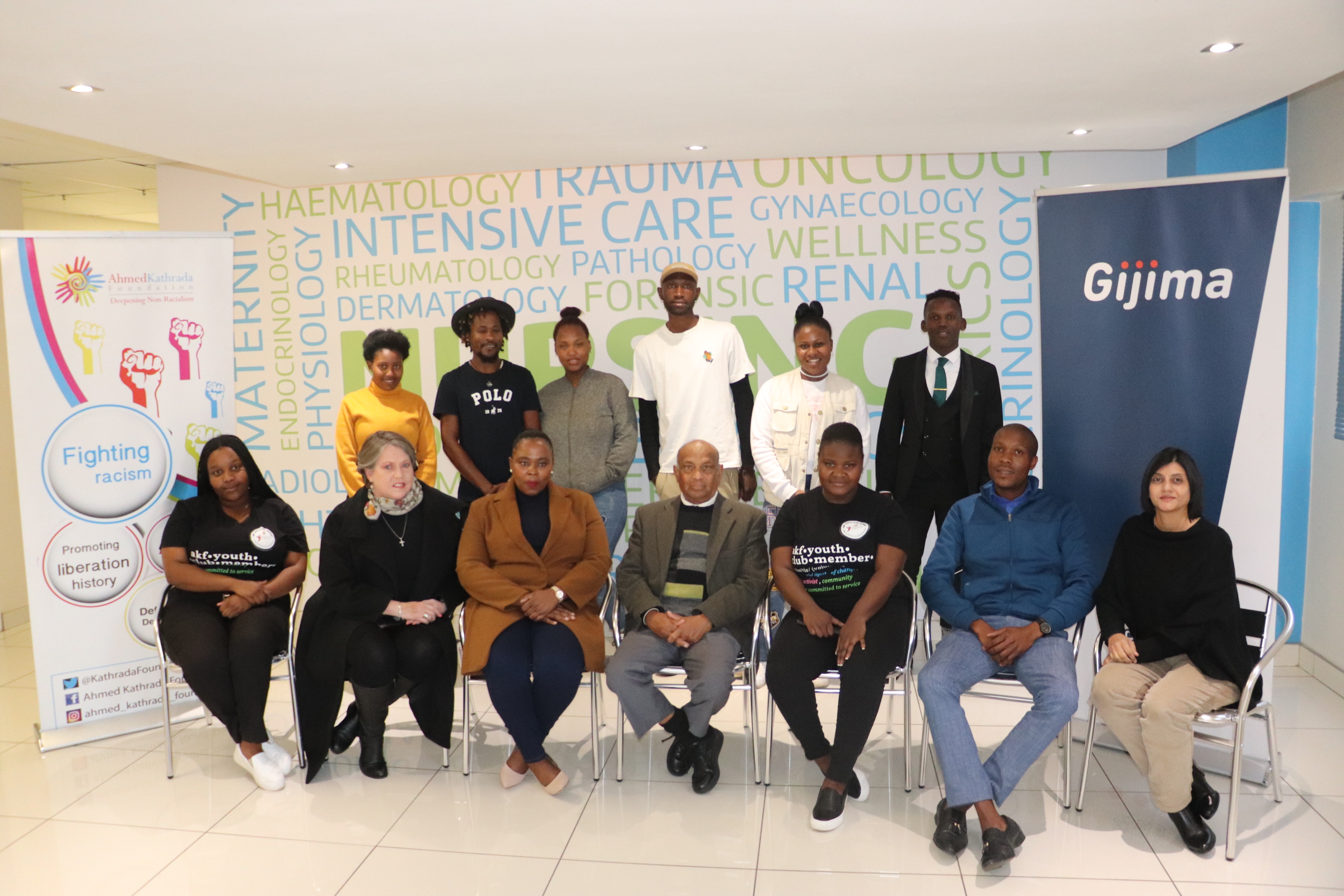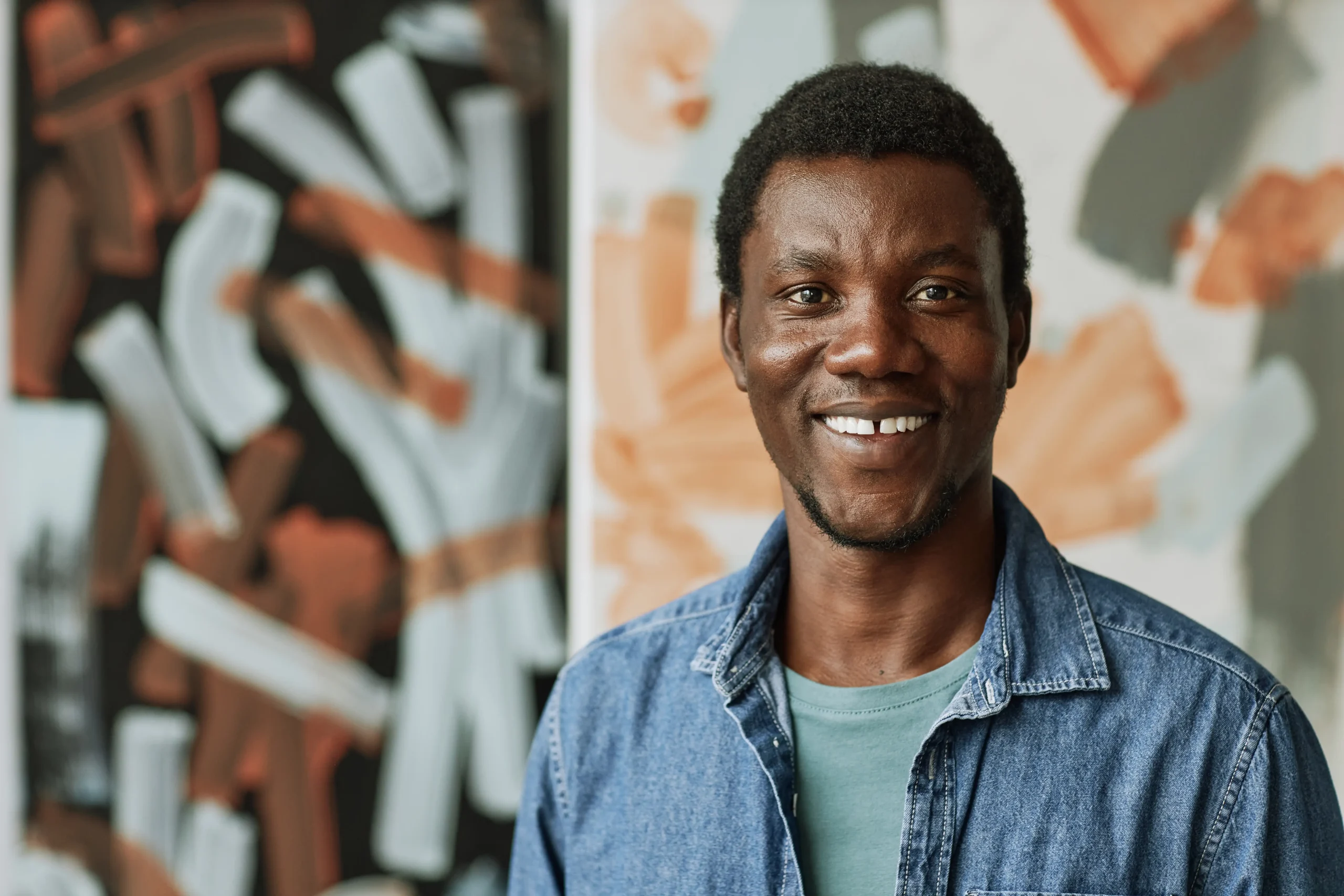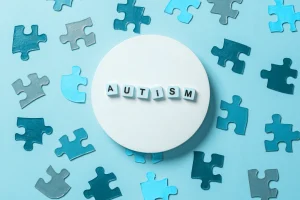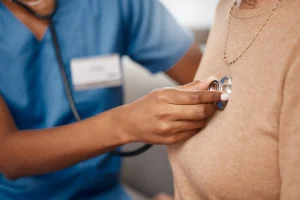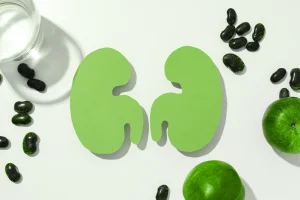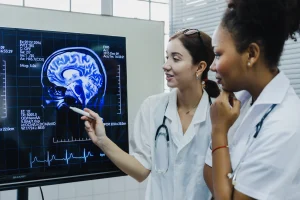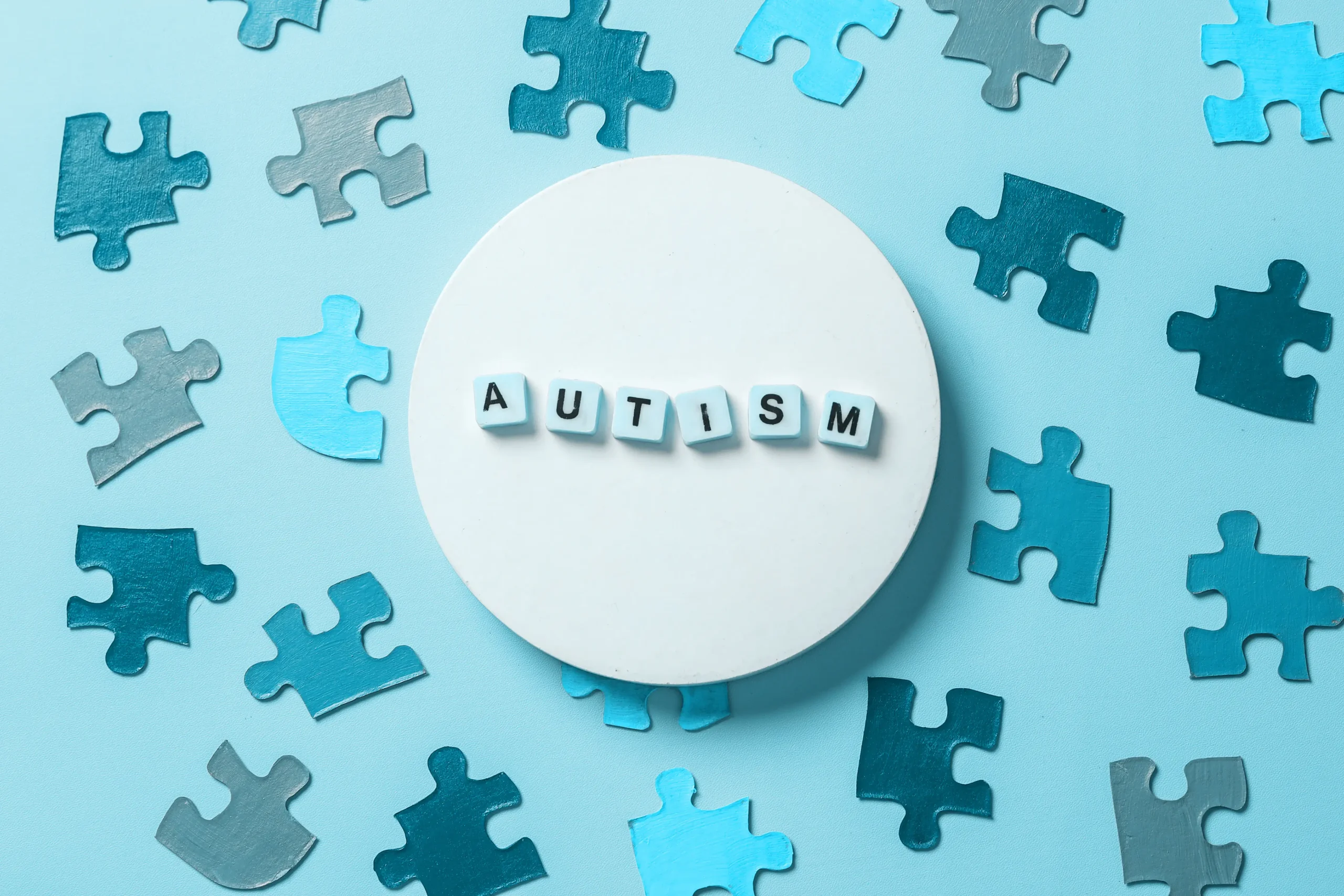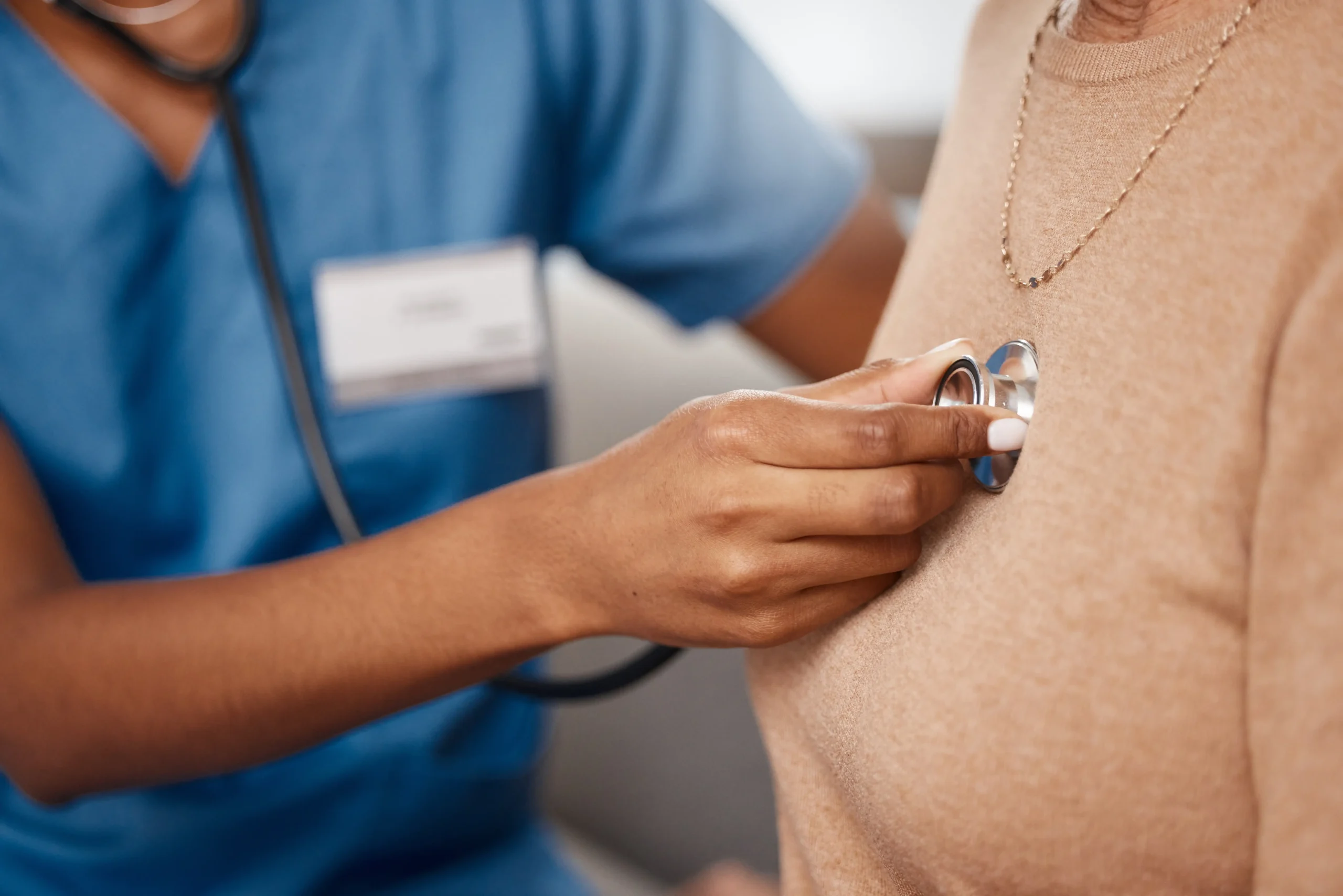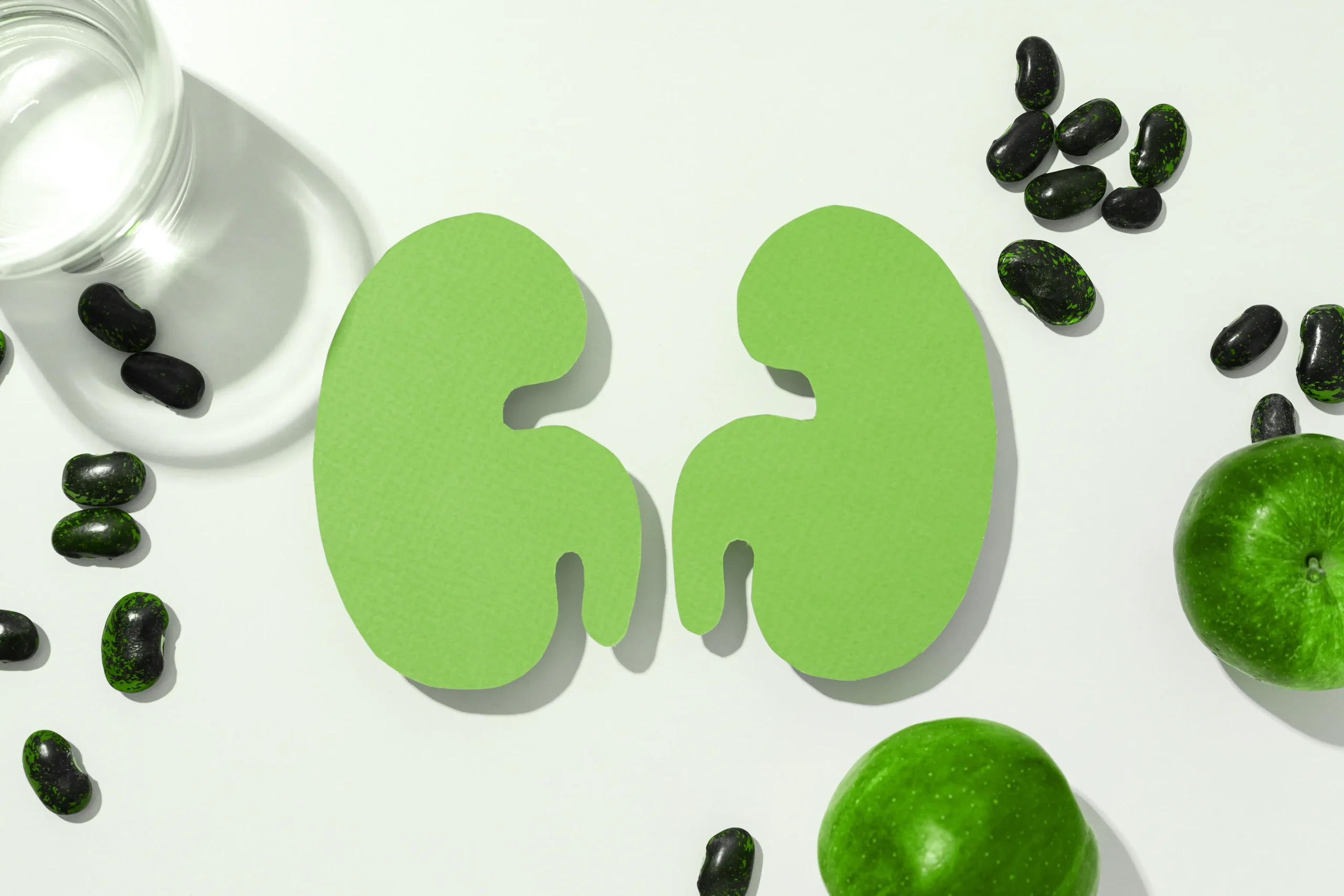Stroke First Aid: How to Help Someone with A Suspected Stroke
A stroke is a medical emergency that occurs when there is a sudden disruption of blood flow to the brain, leading to brain cell damage. Prompt action is crucial in treating a person experiencing a stroke since timely intervention can minimise potential long-term effects and even save lives.
Recognising the Signs of a Stroke
Time is of the essence when dealing with a stroke. Recognising the symptoms quickly can significantly impact the outcome. The most common signs of a stroke can be remembered using the acronym FAST:
F: Face Drooping
Ask the person to smile, and check if one side of their face droops or appears uneven.
A: Arm Weakness
Ask the person to raise both arms. If one arm drifts downward or is noticeably weaker, it could be a sign of a stroke.
S: Speech Difficulty
Listen for slurred or incomprehensible speech when the person tries to repeat a simple sentence.
T: Time to Call Emergency Services
If any of the above signs are present, call emergency services immediately. Note the time when the symptoms began, as this information is crucial for healthcare professionals.
Stay Calm and Reassure the Person
It is essential to remain calm and reassuring when assisting someone who may be having a stroke. Reassure them that help is on the way and stay by their side until medical professionals arrive.
Do Not Give the Person Anything to Eat or Drink
In the case of a stroke, swallowing ability may be affected, and giving food or drink can lead to choking. It is best to avoid any oral intake until medical professionals assess the situation.
Position the Person Correctly
If the individual is conscious and able to breathe comfortably, help them lie down on their side with their head slightly elevated. This position reduces the risk of choking and aspiration.
Remove Tight Clothing and Obstructions
Loosen any tight clothing around the neck and remove any items that might restrict breathing, such as scarves or neckties.
Seek Medical Attention Immediately
Strokes require immediate medical intervention. Call emergency services or the appropriate emergency number in your region as soon as you suspect someone is having a stroke. Early treatment can prevent further brain damage and increase the likelihood of a successful recovery.
Conclusion
Recognising the signs of a stroke and providing swift treatment is critical for the well-being of the affected individual. The acronym FAST serves as a helpful tool to remember the warning signs – Face Drooping, Arm Weakness, Speech Difficulty, and Time to call emergency services. By acting promptly, seeking medical attention, and offering reassurance, you can play a vital role in helping someone experiencing a stroke receive the urgent care they need, potentially saving their life and improving their chances of a successful recovery.
For more information, please contact:
Discipline: Neurologist
Hospital: Ethekwini Hospital and Heart Centre
Telephone: +27 31 581 2366
The lenmed Group is a world-class chain of Private Hospitals that brings quality healthcare to communities across Southern Africa.

